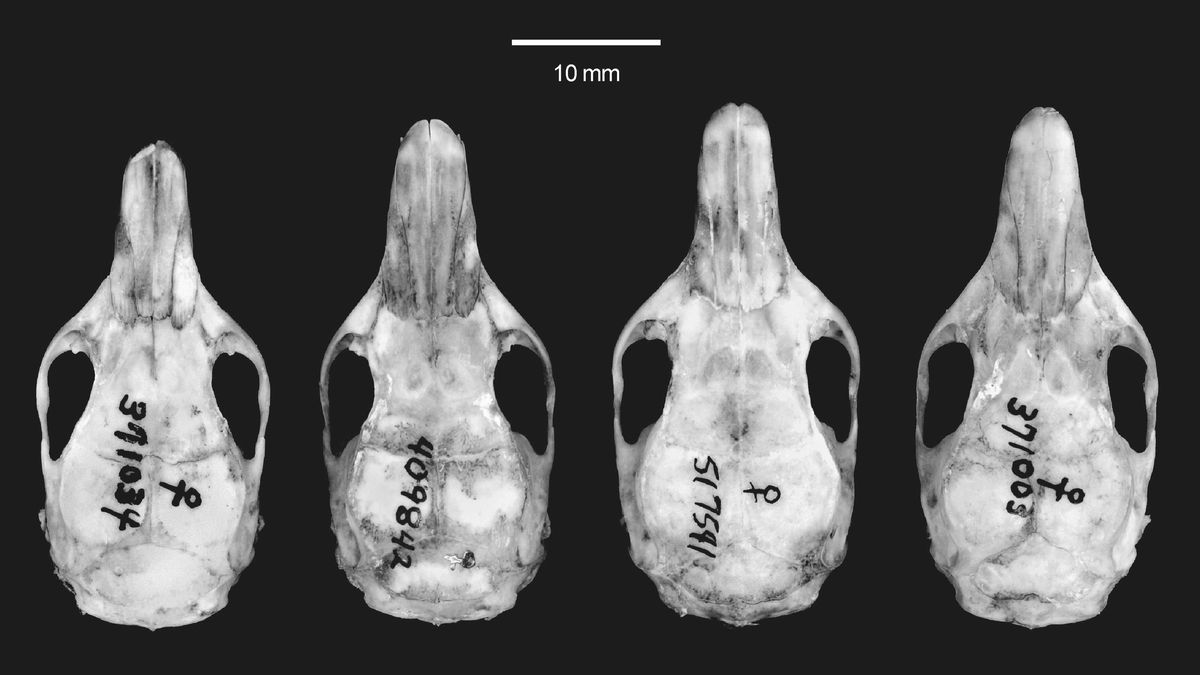
In a significant move to enhance student nutrition, more than 2,000 kilos of fish were distributed to 19 educational institutions in Higuerote, Miranda state, as part of the El Cardumen Va social program. This initiative, announced by the Secretary of Fisheries of the Government of Miranda, Johan Rodríguez, aims to provide a balanced diet to over 9,500 students in the region.
Boosting Nutrition with Marine Protein
The distribution event, held at the Rafael Arévalo González Educational Unit, saw the participation of institutions offering initial, special, basic, and general secondary education in the Mirandina parish. This effort is a component of the national Venezuela Comes Fish plan, designed to improve nutritional standards among students by incorporating marine protein into their diets. The initiative is a collaboration with the Popular Power Council of Fishermen and Aquaculture Women and Men and Women Aquaculture Farmers of the Brión municipality (Conppa), demonstrating a community-driven approach to health and education.
Engaging the Community and Educational Leaders
Alongside the fish delivery, the event featured sports activities for students and meetings with school directors and the team of cooks from the Homeland. Key figures, including Marisela Bremus, manager of the Socialist Institute of Fisheries and Aquaculture (Insopesca) of Miranda, and Maidelyn Gago, the regional coordinator of the Corporation of Fisheries and Aquaculture Services SA (Corpesca), played pivotal roles in these discussions. Their involvement underscores the program’s commitment to engaging various stakeholders in the educational ecosystem to achieve its nutritional goals.
Sustainable Impact on Educational Nutrition
The El Cardumen Va program represents a crucial step towards sustainable nutrition in educational institutions. By focusing on the provision of marine protein, the initiative not only addresses immediate dietary needs but also promotes a model for other regions to emulate. The collaboration between governmental bodies, local fishermen, and educators is a testament to the power of collective action in tackling nutritional challenges in schools.
This initiative opens up avenues for further discussions on the integration of nutritional programs within educational frameworks. By prioritizing the health and well-being of students through such innovative approaches, the program sets a precedent for future endeavors aimed at improving the educational experience through enhanced nutrition. As communities continue to rally around these causes, the ripple effects of these efforts may very well shape the future of educational nutrition policies nationwide.
